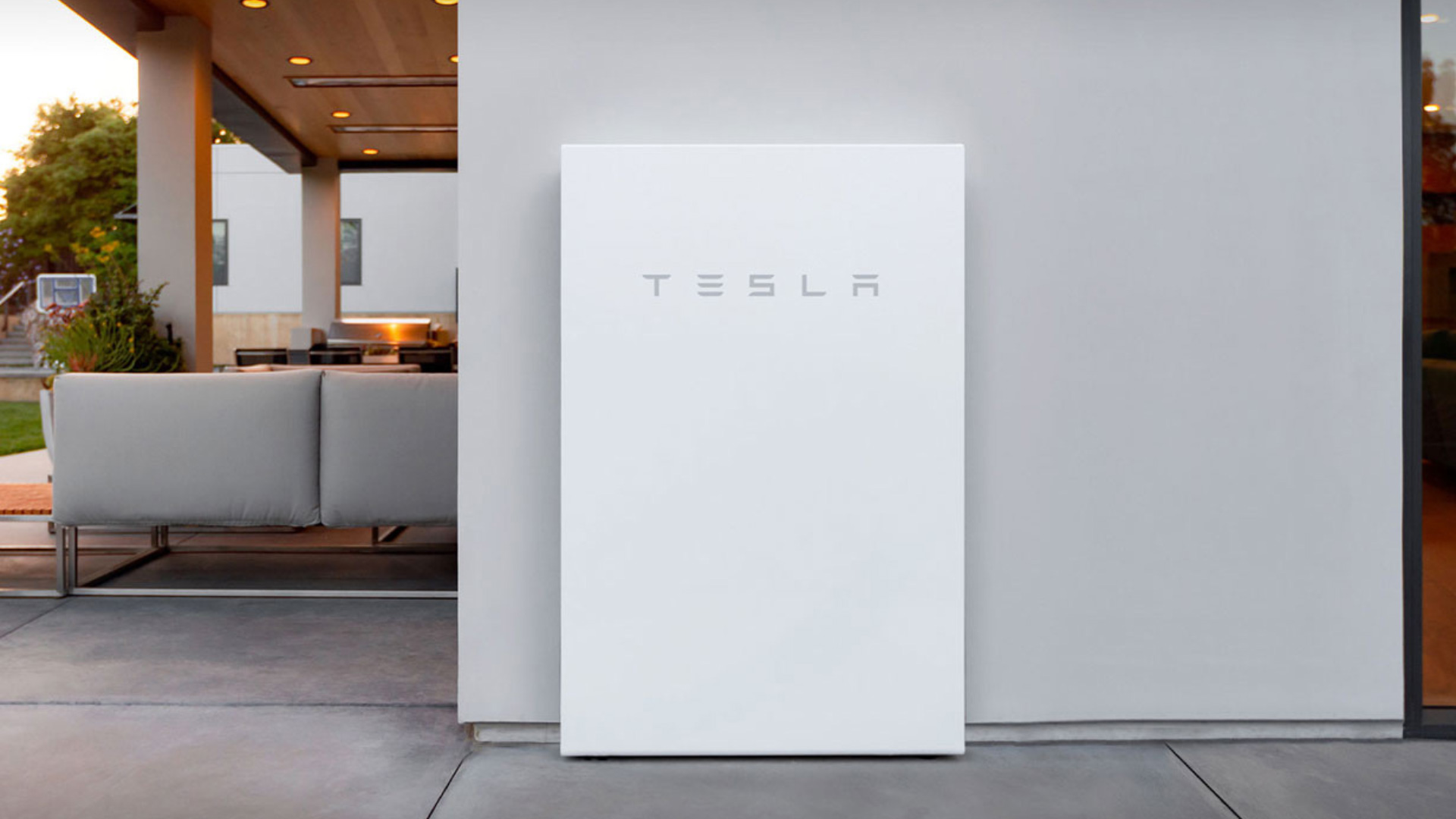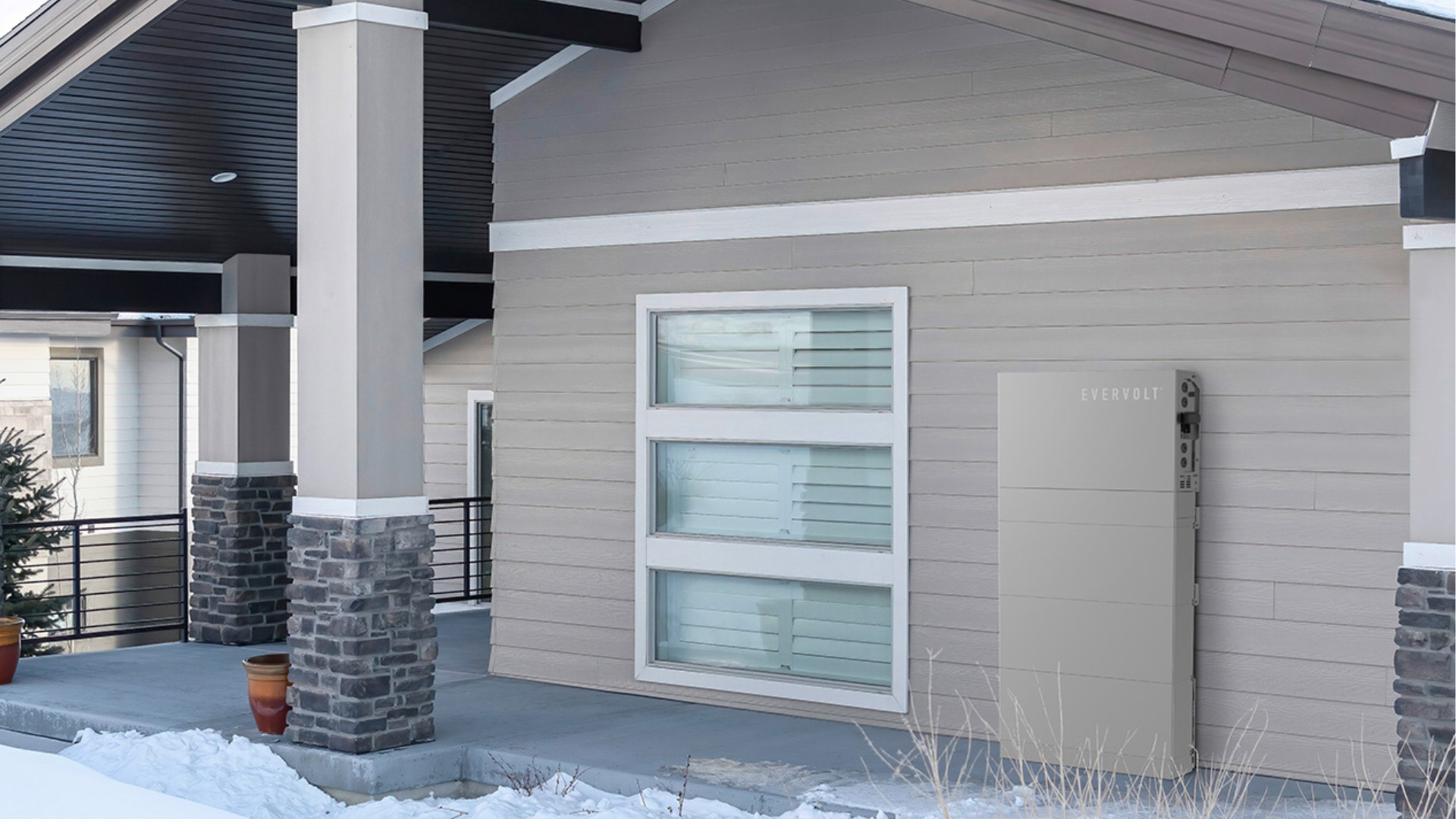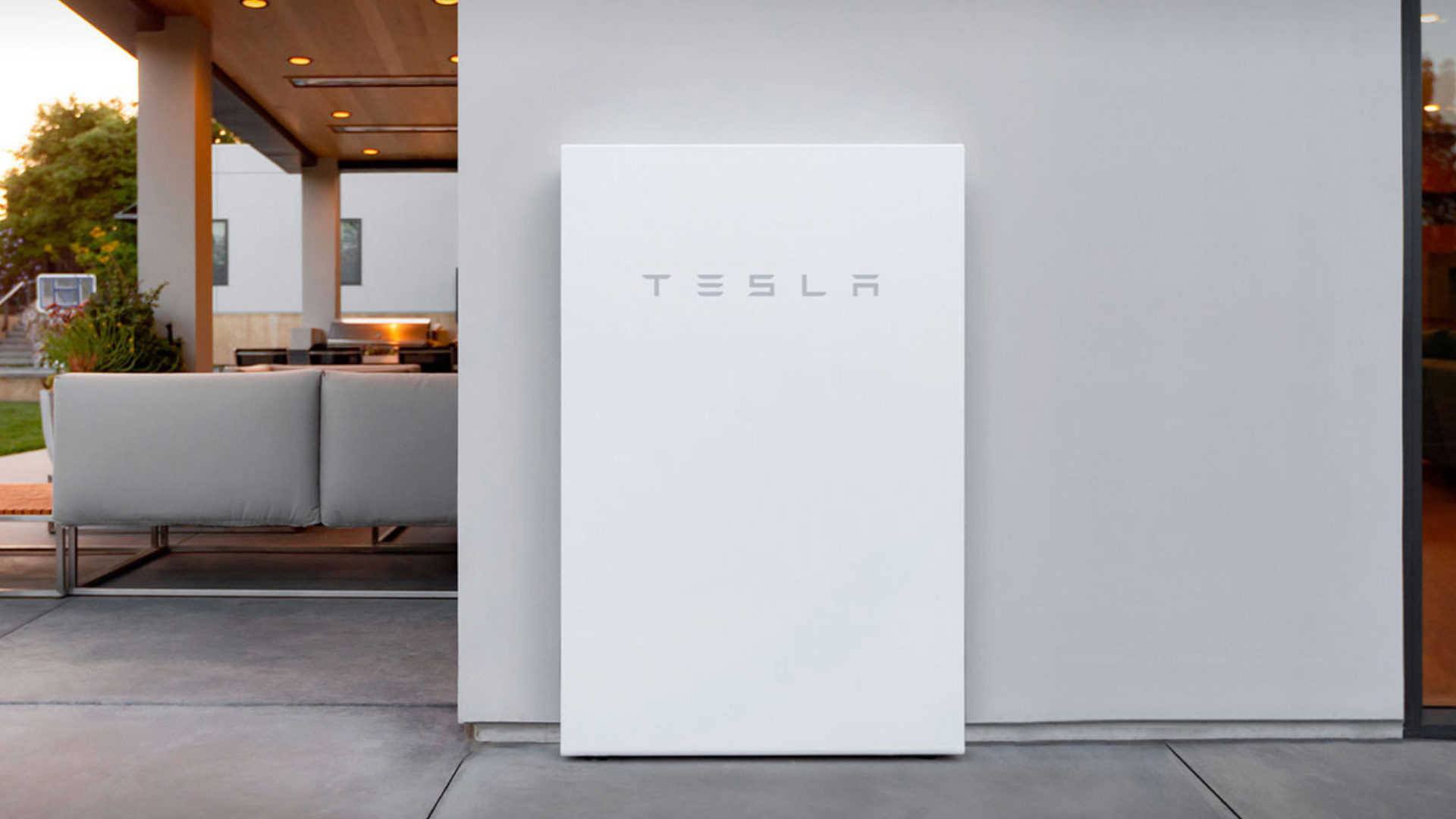Arizona is one of the sunniest states in the US, with over 300 days of cloudless sun each year. This makes residential solar panels very productive, capable of generating abundant energy throughout the year. Of course, when building your residential solar panel system, there are a few important decisions to make. One is whether to include battery storage, which stores extra electricity until you need it later.
The decision to invest in solar battery storage in Arizona depends on various factors, including energy consumption patterns, grid reliability, and personal preferences.
Benefits of Solar Battery Storage
Start by weighing the potential benefits of installing battery storage alongside your solar panels.
- Energy Independence: First, you’ll be able to rely on your own energy over grid energy. You can provide your home with solar power even at night, on cloudy days, and during outages. Batteries reduce your reliance on grid power during non-solar hours.
- Energy Stability: If your home needs energy stability, batteries provide a reliable source of energy in the event of a power outage to keep critical appliances or computers powered. This way, you can stay comfortable and safe when the grid is down for repairs.
- Peak Demand Price Avoidance: Reduce the cost of energy by avoiding time-of-use rate charges during peak hours. Using your batteries, you can minimize the need for grid electricity when power is the most expensive.
Factors to Consider
Next, consider the factors that can make each benefit more or less important to your home and energy design.
- Energy Consumption: Estimate your home’s energy use patterns to determine if you are likely to generate extra power and if you would benefit from backup power stored in batteries. This will depend on your power use and the size of your solar installation.
- Grid Reliability: How frequently does your area experience power outages, and how long do they last? Frequent power outages and extended outages make batteries much more beneficial.
- Battery Technology: Explore the different types of batteries, like lithium-ion vs lead acid. Weigh their advantages and disadvantages when used as solar storage. Your choice of batteries will determine factors like price and charge.
- Cost and Return On Investment: Consider the added cost of batteries, the cost reduction with incentives, and the total time the cost will pay itself back (return on investment or ROI) through energy savings. Compare your energy generation to the cost of the power you won’t have to buy.
Future Trends
If you are considering installing solar in the next few years, it’s also valuable to consider future trends in power and solar panel system designs. Advancements in battery technology, for example, are creating a future of more efficient and affordable battery banks compared to original solar panel designs. There are also some unique energy trends such as virtual power plants and community shared energy storage.
Are Solar Batteries Right for Your Home?
Solar battery storage can be extremely useful. Batteries provide the most benefit when your panels can generate more power than your home is actively using, when your region is prone to energy instability, and when you seek superior energy independence from the grid. You will find the clearest answer by consulting with solar installers to make an informed decision.
If you choose solar batteries, you will enjoy the long-term benefits of energy reserves and resilience. Contact us today to get a free quote on a solar panel system.






